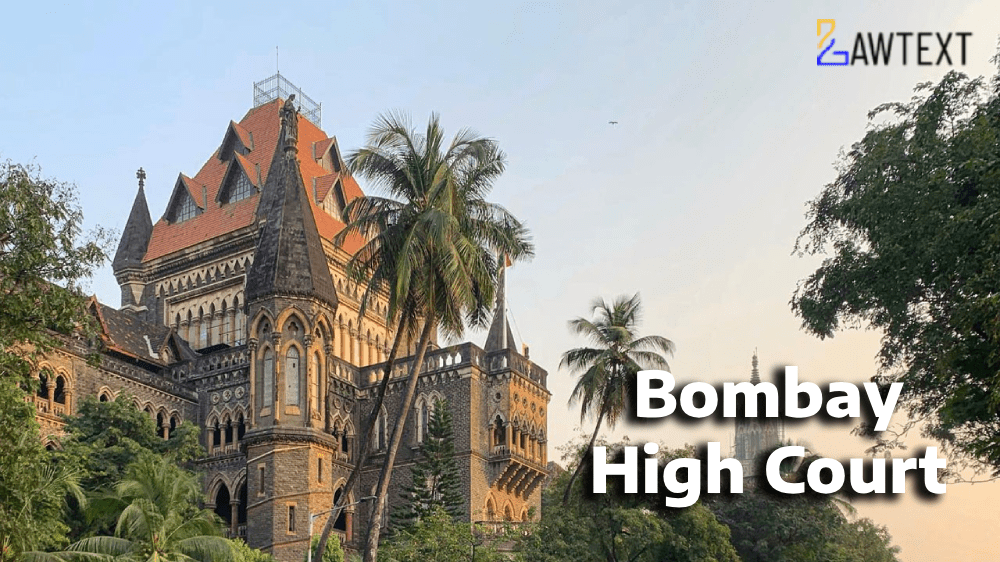

Constitution of India, 1950 (COI) — Article 226 — Judicial Review — Scope of Court’s Interference in Government Contracts — Court Held that Judicial Review is Limited to Cases of Arbitrariness, Unreasonableness, or Visible Malafides — No Evidence of Bias Found in the Tender Process (Para 13, 19)
Government Resolution Dated 01/12/2016 — Evaluation of Financial Bids — Base-Rate Method — Range of -20% to +10% — Petitioner’s Bid Beyond Permissible Range — Court Upheld Decision to Reject Petitioner’s Bid (Para 9, 16)
Tender Document — Cost Estimation and Price Reasonability — Base-Rate Method Not Mentioned — Non-Mention Not Considered Fatal — Court Emphasized the Importance of Maintaining Quality of Services Provided to Tribal Students (Para 12, 19)
The Court dismissed the petitions, holding that the adoption of the base-rate method was neither arbitrary nor unreasonable. The Court found no evidence of visible malafides or bias in the tender process.
Subjects: Judicial Review — Tender Process — Base-Rate Method — Cost Estimation — Price Reasonability — Arbitrariness — Malafides — Administrative Discretion — Contractual Matters
Nature of Litigation: The Petitioner challenged the decision of the Additional Commissioner, Tribal Development Department, Thane, rejecting the Petitioner’s bid in the tender process for providing food services to tribal students in hostels.
Relief Sought: The Petitioner sought issuance of work orders in its favour, claiming to be the L-1 Bidder (lowest bidder) in the e-tender process.
Reason for Filing: The Petitioner alleged that the Respondents adopted an illegal and arbitrary method by applying a base-rate method with a permissible range of -20% to +10%, which was not declared in the tender document.
Decisions So Far: The Respondents declared another bidder as the successful L-1 Bidder based on the base-rate method, rejecting the Petitioner’s bid as it fell beyond the permissible range.
Issues:
a) Whether the application of the base-rate method, not mentioned in the tender document, was arbitrary and unreasonable? b) Whether the rejection of the Petitioner’s bid despite being the lowest was justified?
Submissions/Arguments:
Petitioner:
Claimed that the rules of the tender were changed after the process had started.
Argued that the concept of the base-rate method was not disclosed in the tender document.
Asserted that the application of the base-rate method was done to favour a particular bidder.
Respondents:
Stated that the base-rate method was derived before the tender process and kept confidential to ensure transparency.
Justified the use of the base-rate method for maintaining quality and preventing substandard services.
Highlighted that the Petitioner’s bid fell outside the permissible range and was thus not realistic.
Ratio:
Judicial review in tender processes is limited and only warranted when there is clear arbitrariness, unreasonableness, or visible malafides (Para 13, 19).
The base-rate method was a reasonable approach to ensure quality services and prevent potential service abandonment (Para 18).
Non-disclosure of the base-rate method in the tender document was not deemed fatal to the process (Para 19).
Citation: 2025 LawText (BOM) (3) 114
Case Number: WRIT PETITION NO.14371 OF 2024 WITH WRIT PETITION NO.14380 OF 2024 WITH WRIT PETITION NO.14375 OF 2024 WITH WRIT PETITION NO.14373 OF 2024 WITH WRIT PETITION NO.14378 OF 2024
Date of Decision: 2025-03-11
Case Title: The Yashodhar Mahila Sahakari Audyogik Utpadak Sanstha Maryadit, Nashik Versus The Additional Commissioner, Tribal Development Department, Thane & Ors.
Before Judge: A.S. CHANDURKAR & M.M. SATHAYE, JJ.
Advocate(s): Mr. Satyajeet P. Dighe a/w. Mr. Abhijeet Khade, Advocates for the Petitioner in all Writ Petitions. Mr. A. Y. Sakhare, Senior Advocate / Special Counsel a/w. Ms. Neha S. Bhide, Government Pleader and Mrs. G. R. Raghuwanshi, Assistant Government Pleader for Respondent Nos. 1 to 3 – State. Mr. Akshay P. Shinde, Advocate for the Respondent No. 4 in WP/14380/2024 and WP/14373/2024. Mr. Swapnil Ambure a/w. Mr. Atit Soni & Ms. Nida Khan, Advocates for Respondent No.4 in WP/14371/2024 and WP/14378/2024.
Appellant: The Yashodhar Mahila Sahakari Audyogik Utpadak Sanstha Maryadit, Nashik
Respondent: The Additional Commissioner, Tribal Development Department, Thane & Ors.